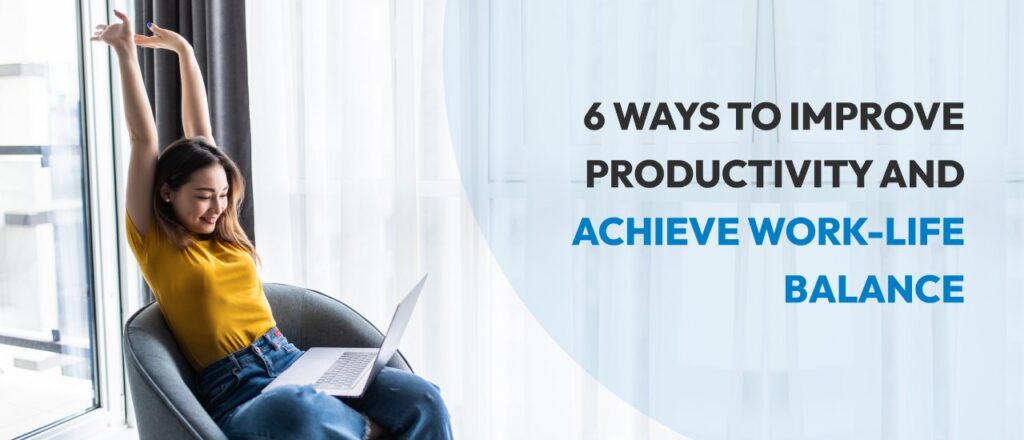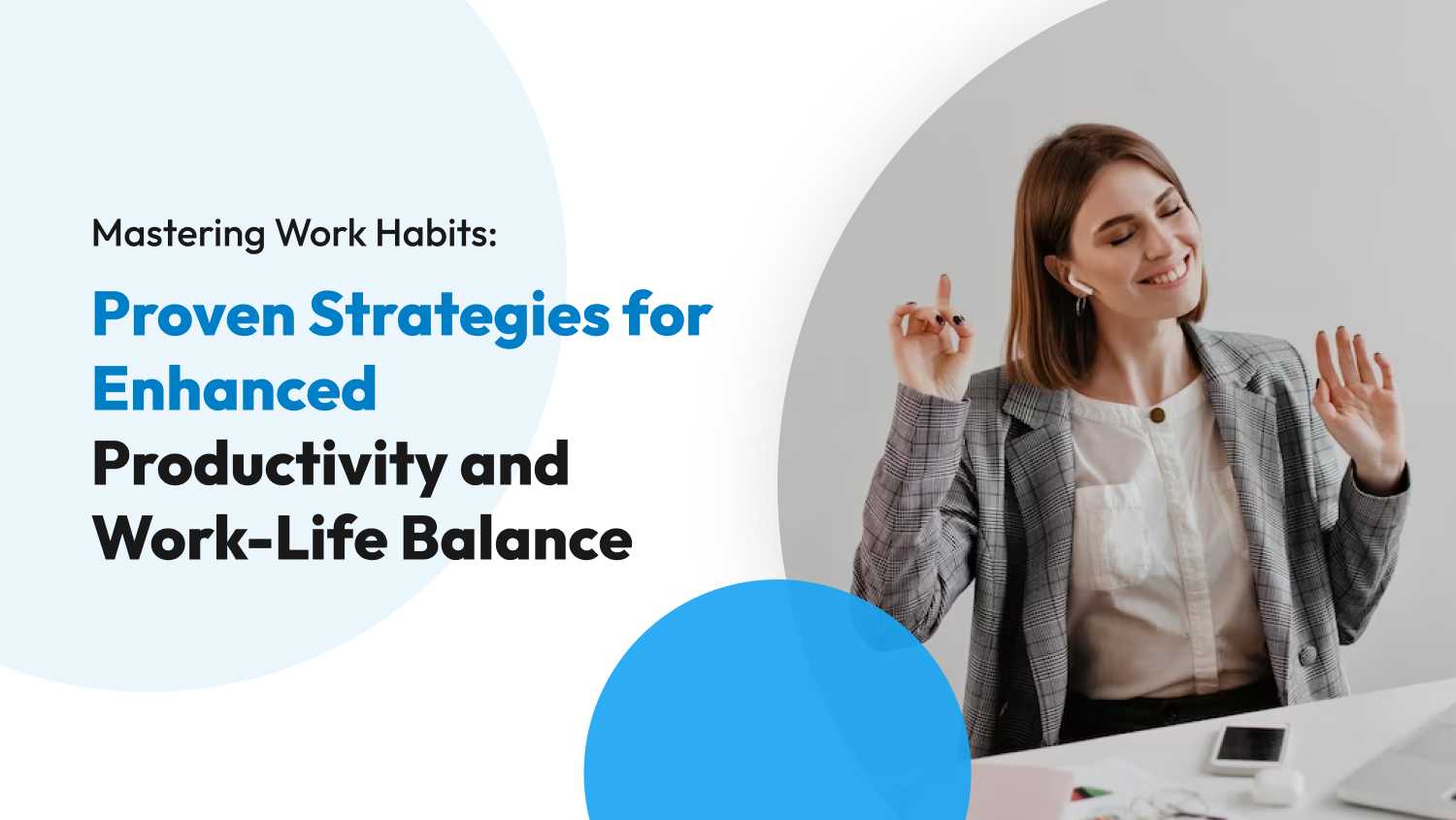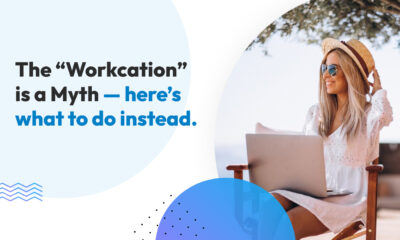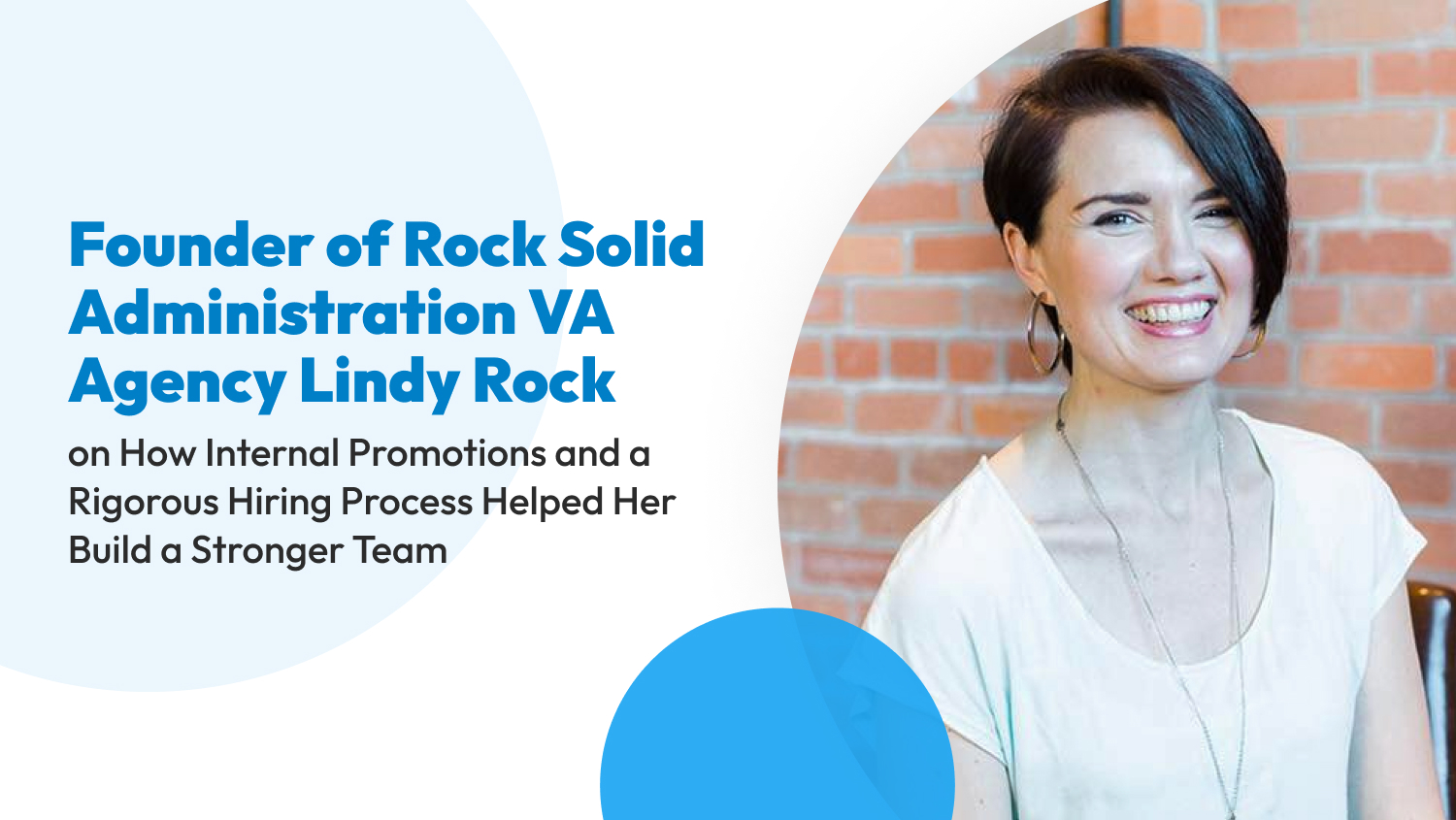Business
Mastering Work Habits: Proven Strategies for Enhanced Productivity and Work-Life Balance
For business owners and entrepreneurs, maintaining a work-life balance may feel nearly impossible. Besides staying on top of your responsibilities at work, you also want to spend time with your family, meet your personal needs, invest resources in hobbies, and maintain friendships — and fit that all in a mere 24 hours every day.
Nonetheless, maintaining a work-life balance provides countless benefits for you, your business, and the teams you’re handling. We know achieving that goal is easier said than done, but we have you covered. Here, we will discuss everything you need to know about improving your work-life balance while staying productive.
What Is Work-Life Balance and Why Is It Important?
Work-life balance is the state of equilibrium where one can equally prioritize the demands of both their career and personal life. According to Chris Chancey, a career expert and CEO of Amplio Recruiting, an excellent work-life balance brings many positive effects, namely a lower risk of burnout, less stress, and a greater sense of well-being.
Here are other reasons why work-life balance is essential, especially for business owners and entrepreneurs:
- Have time to feed the soul. It’s important for anyone running a business to have the time to do things that make them happy. Today, the business arena has become more competitive than ever, so it’s crucial to slow down and focus on yourself. Having the time to do whatever makes you happy will refresh your mind and body, helping you become more productive at work.
- Enhances ability to be present. When you have poor work-life balance, your mind is always “on,” cluttered and racing with thoughts that are often challenging to decipher. You’ll excessively worry about work when you’re with friends and family, or vice versa. Prioritizing work-life balance can prevent this from happening as you’ll be more attuned with other people’s feelings and emotions (whether that’s your loved one or clients) and become better at responding to people intuitively.
- Fewer health problems. Stressed and overworked individuals are at a higher risk of jeopardizing their social lives and physical and mental health. A poor work-life balance can lead to several health issues, which can adversely affect the daily operations of your business, its ability to scale, and the quality of its services.
Why Do Entrepreneurs and Business Owners Struggle to Maintain a Work-Life Balance?
According to a 2019 survey, 60% of Americans struggle to maintain a work-life balance, with 40% claiming they work too many hours. This has been supported by another study conducted by the American Psychological Association, highlighting Americans stay connected to work on weekends, during vacations, and even when they’re out sick.
Some of the most common reasons why business owners and entrepreneurs struggle to get the right balance are:
- A perception that working harder for longer hours is equivalent to more profit
- Having unachievable workloads without putting in the extra hours
- Significant changes at home, like having children or moving homes
- The unwillingness to switch off until everything on their to-do list is complete
Individuals struggling to achieve a work-life balance are likely tired, stressed, and distant most of the time. Eventually, this will cause your personal and professional life to suffer, making it challenging to keep your business afloat.

6 Ways to Improve Productivity and Achieve Work-Life Balance
Many business owners and entrepreneurs work long hours thinking it’ll benefit their businesses. This is especially true during the first few years of your business operations.
But the truth is, we only get 24 hours a day — and trying to do so much when you have a limited amount of time can do more harm than good. Instead of navigating your business toward its long-term success, you’ll end up hurting it.
The most successful business owners and entrepreneurs follow a system for getting more done in the time they have. Follow their lead by incorporating the strategies below into your routine.
Identify Productivity Peaks
As long as you get the work done, it doesn’t matter when in the day you do it.
While some people are more productive and creative in the morning, others prefer a slower start and are at their most productive in the afternoon.
Assess what time of the day your productivity peaks and structure your workloads around that time. This will help reduce procrastination and frustration caused by a lack of productivity and creativity.
Learn to Say “No”
“No” might be a short word, but it’s powerful. This is one of the reasons why many people have a hard time saying “no” to requests made by colleagues at work or family members.
While being a supportive manager to your teams is great, moderation is always key. Attempting to wear several hats at the same time or micromanaging your teams can negatively affect your entrepreneurial success and overall health.
For instance, agreeing to take on more projects with a new client than you physically can complete can lead to unmet expectations and deadlines, little to no time for your personal life, and burnout in the workplace. These can snowball into bigger issues, which can affect more areas of your business.
As such, learning to say “no” should be your first step in improving your work-life balance. This two-letter word is powerful enough to help you set boundaries and balance your professional and personal life.
Prioritize Your Well-Being
Your work is important, but you don’t have to compromise your physical, mental, and emotional health. Sacrificing any for the other will cause your productivity to suffer, as well as your work-life balance.
The solution? Prioritize your overall health by creating and following healthy daily habits, such as:
- Spend at least 30 minutes outdoors to get some fresh air or exercise. By going outside as often as possible during the day, you can get vitamin D, lessen anxiety, and improve your focus. It also helps you feel better about yourself, gives you better immunity, and boosts your creativity.
- Foster personal relationships to keep your emotional well-being in check. Regardless of your busy schedule, find time to call a friend or schedule a meal with them.
- Adopt a daily personal practice, like gratitude, mindfulness, meditation, or journaling. Yoga is also a great option, as it’s known to impact your mental health.

Use Your Breaks
Humans aren’t built to work non-stop, and you might be surprised to know that working long hours doesn’t increase your productivity. In fact, research shows that the most productive individuals take 17-minute breaks after working for 52 minutes.
To improve your work-life balance and productivity, take regular breaks when working. Ensure that you’re using your breaks to the fullest instead of scrolling through industry-related news, chatting with a client about a future project, or checking your emails.
We’ve listed a few tips to ensure you get high-quality breaks:
- Leave the office. Instead of staying in your office during breaks, go out for a walk. If possible, grab lunch with a friend at a nearby café or restaurant.
- Socialize often. Call your loved ones during your break to de-stress. Keeping in touch with family and friends can keep you healthy because it’s an accessible and effective avenue to get support.
- Have some “me time.” Never feel guilty doing whatever brings you happiness and makes you relax — whether that’s catching up on your favorite series, reading a book, or writing music. Having your “me time” improves personal exploration, increases creativity, and gives you more social energy.
Use Scheduling, Organizational, and Accountability Tools
Thanks to technology, achieving work-life balance can become easier. There are now countless tools available for keeping a schedule or maintaining team accountability. Some of the best options include the following:
- ClickUp. A collaboration and project management tool with a wide array of communication, collaboration, and task assignment features.
- Todoist. A productivity tool to help you get work and life organized. It helps track professional and personal projects, make lists, and collaborate at work.
- Google Workspace. Google Workspace comprises different apps that help you make decisions faster, collaborate in real-time, and store and share files in the cloud.
Avoid Multitasking
Earl K. Miller, a neuroscience professor at the Massachusetts Institute of Technology, studied multitasking in-depth and concluded that “multitasking is not humanly possible.”
According to him, switching back and forth between tasks is proven to put pressure on a human’s cognitive bandwidth, causing the brain to work unnecessarily hard for simple tasks.
While multitasking creates the sense you’re accomplishing more, a study shows that it only reduces your productivity by 40%. Another study indicates that when the brain constantly switches gears, humans become less efficient and more likely to commit mistakes.
Overcome the urge to multitask by eliminating distractions (especially phones and other handheld devices) and aim to focus on the most important tasks when your productivity, attention, and drive are at peak.
Over To You
By now, you should be able to spot if your work-life balance is getting out of hand and know how to improve it. Once you have the right strategies to help you organize and tackle activities in your personal and professional life, it won’t be long before you can finally achieve a work-life balance.
Remember, if you feel stuck, overwhelmed, or stressed, take a moment to assess what’s working in your daily processes and what needs improvement. As a business owner or entrepreneur, aim to strike a balance in productivity that aligns with your well-being and goals.











